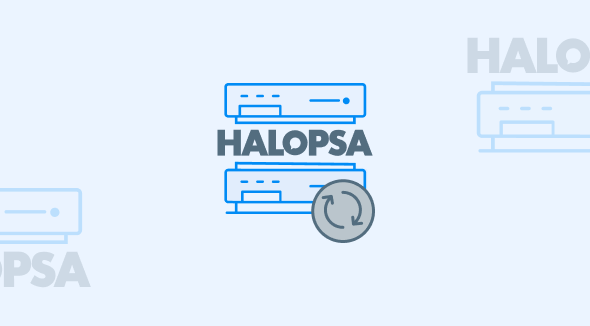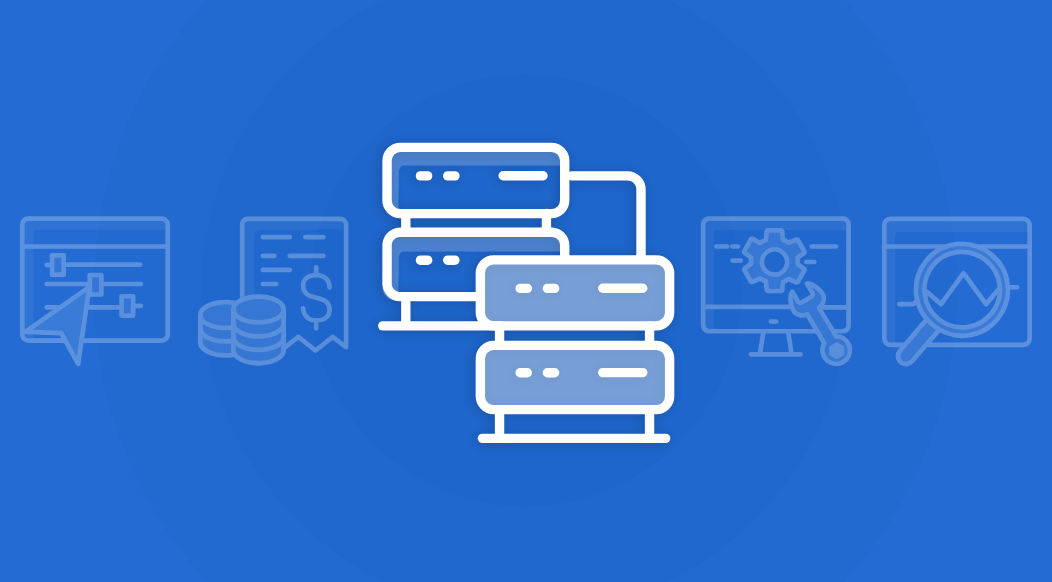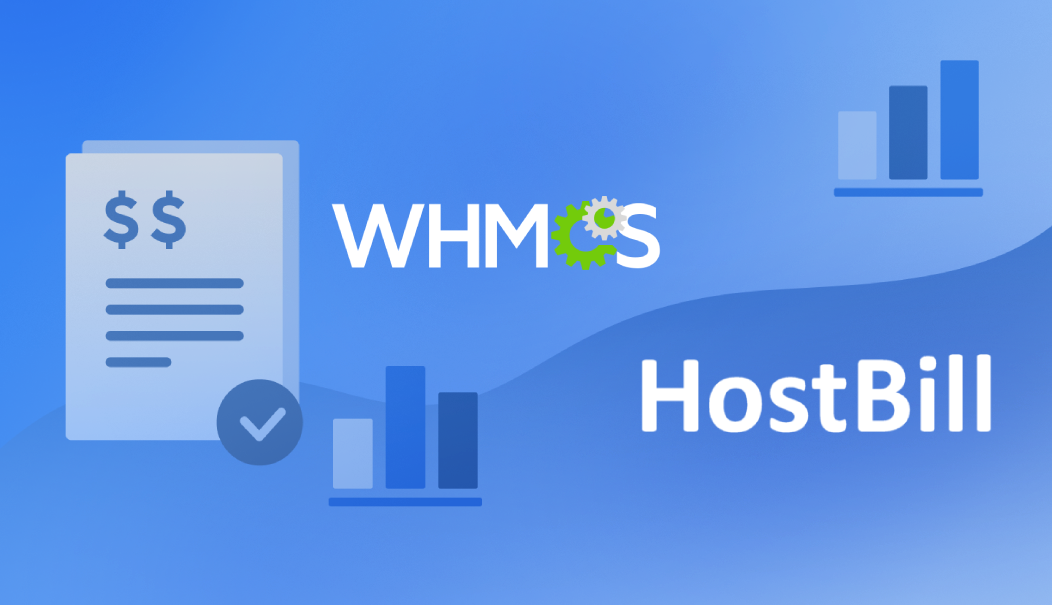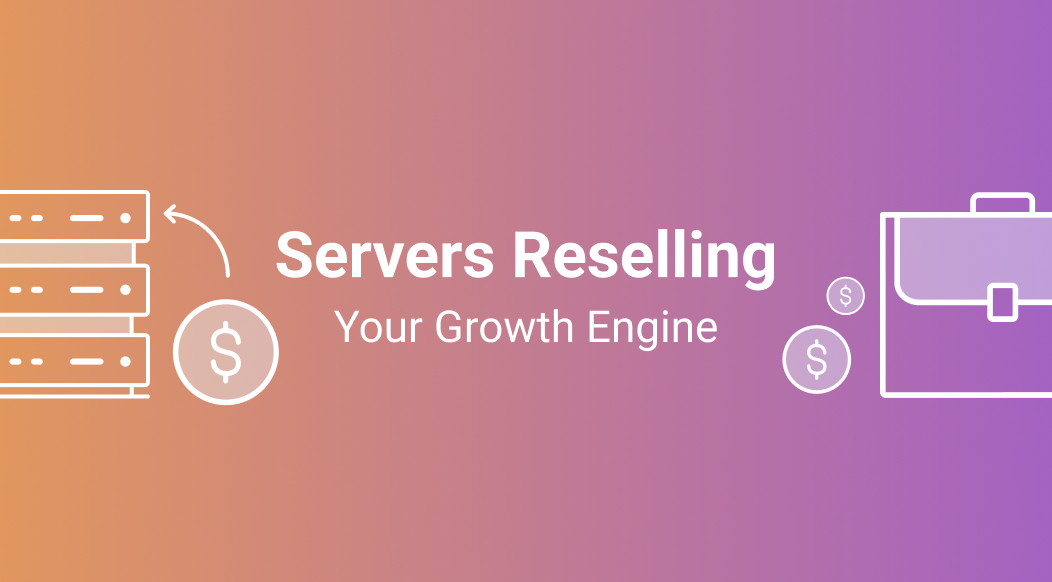Owning and operating a web hosting business is about more than just the technology. In fact, one could strongly argue that attributes such as disk space or RAM come second to the most important part: the customers. After all, a web hosting enterprise is not much of a business at all without them. While technology is important and ultimately drives customer success, a number of other, often overlooked factors goes into making a company thrive in this particular industry.
In this post, we will outline ten things that web hosting providers can do to keep clients satisfied. While this is far from exhaustive, it does provide a good foundation to best fulfill your customers' expectations and make them happy for the long term.
1. Keep your hardware and software up to date
Nothing will drive clients away faster than a security breach of their website or application. One way these happen? Insecure networks or hardware. Whether you are offering bare metal servers or shared hosting accounts, take great care to apply all patches and updates in a timely manner.
It’s extremely important to do so, otherwise you might find yourself in a situation where you’ve left your customers open to nothing other than potential security breaches. Not only will this negatively affect their trust, but it could also lead to refunds or even lawsuits if any client was affected by the breach. For this reason, it is crucial to remain extremely careful when applying patches and updates for both networks and hardware. This includes making sure that all of your servers are patched (or replaced) before they can be used again after an attack.
2. Offer round-the-clock customer service
One of the best ways to keep clients content and make your company stand out from the competition is to offer 24/7 support and customer service. Many of your customers are likely to work on websites and applications outside of standard business hours. Additionally, if they are located in different parts of the world, then providing support only during specified hours is unlikely to meet their needs. By being in a position to help the clientele at all times you are showing that you care about their success, which is directly related to your own!
It is worth noting that providing round-the-clock service and support can be very expensive. One way to lessen the costs is offering only critical support during your typical non-working hours. For example, you could set up a mailbox for less important inquiries that you only check once a day while a separate inbox is connected to the mobile phone of support team members. This way the primary support needs can be monitored at all times while lesser priority inquiries can be addressed at a later, more convenient time. Many web hosting companies even charge an extra fee for 24/7 support, which can be a great way to increase revenue and offset costs.
3. Stay current with ever-changing technology
New technical solutions get released on a regular basis when it comes to servers, storage, and connectivity. The EasyDCIM control panel also frequently introduces new features that benefit not just web hosting providers, but their customers as well. Sometimes these technologies introduce better security, other times they make servers, applications, or websites easier to use. What all providers need is to stay updated on what is new in order to offer their clientele exactly what they are searching for.
From a business perspective, your offerings should be up to date so you can remain in line with or even ahead of competitors. On the other hand, you want to offer as much value as possible to those that choose to do business with you. Keeping abreast of new technology allows your company to achieve both of these goals.
4. Allow customers to restart servers on their own
Many web hosting companies do not realize how absolutely crucial it is for their clients to be able to restart their servers independently. They may not sell dedicated servers, or simply do not receive that many restart tickets and, as a result, overlook this. But customers that utilize dedicated servers absolutely do not want to have to wait for a support specialist to open a ticket, log their information, and THEN restart a server when they could do it themselves if only they were granted permission.
Servers can require restarts for a number of reasons. From new software updates requiring a restart to purging old files, some activities can only get carried out via a restart, which is all the more reason to give clients the ability to restart servers on their own, just like EasyDCIM does.
5. Offer flexible payment options...
The majority of web hosting providers offer two types of payment options: monthly or annual. Annual payments often carry a discount in the form of a "free" month or two. And while these options tend to work for most customers, what about payment options themselves? Some hosts accept credit card payments, others ACH or wire. However, physical checks still tend to be the preferred method of payment in many countries.
As a web hosting provider though, you should definitely consider new forms of payment, such as Bitcoin. Additionally, offering multi-year payment terms can be a great way to not just lock in customers for longer terms, but also serve those that have complex procurement processes.
Pay-for-use or pay-for-consumption models have been popular for years with public cloud providers. Traditional hosts should consider offering similar pricing models when possible, as more and more businesses in many sectors are looking to maximize their return on investment by paying only for what they use.
These various payment terms are not right for each individual web hosting provider, of course. However, knowing what works best for your customers is always a worthwhile business strategy and payment terms are no different.
6. ...And reasonable prices
Nobody likes overpriced products, but picking out something that is not expensive can become quite a difficult task. Web hosting providers need to make sure that their prices are reasonable in order to give customers what they need without breaking their budgets.
It is important to note that "reasonable" pricing does not necessarily mean "lower" pricing. As more and more web hosting services become commoditized, thus driving prices down, it is imperative that the providers work to deliver value that matches the prices they do charge. Better performance and support are great ways to add customers and increase revenue. Even better, a reasonable price for excellent web hosting service is much higher than a price for sub-par, lower-quality one.
7. Make it easy to upgrade
Customers are not always fully certain of what they need when it comes time to upgrade their hosting, but that does not mean that they should be forced into a package in order to save money. All providers need to make sure their clients can easily upgrade and downgrade in order to get the features that they want without having to pay for anything extra.
Today's traffic patterns for websites and applications can change in the blink of an eye. A big announcement or a viral blog post can bring in colossal scores of traffic. Seasonal businesses might be super busy for weeks at a time, just before their doors close completely for months. What you should do, is to always keep your offer scalable and allow your customers to upgrade (and downgrade) effortlessly, based on their needs. No one wants to feel stuck in the wrong solution because their web hosting provider does not have a clear path to easily change their plan.
8. Check-in from time to time
Web hosting providers often fail to stay in touch with their customers. One way to reduce churn and benefit from the upsell and cross-sell opportunities is to regularly reach out to individual clients. For your highest value clientele, a simple phone call or video meeting once a quarter or a couple of times each year can go a long way.
Firstly, clients will be glad to know you care about their business and their goals. Secondly, and more importantly, these conversations or meetings can help uncover areas of opportunity for you both to expand your relationship. Make it a point to review support tickets prior to the meeting and address any concerns or comments. Customers will be amazed by your involvement and will start to see your business as a partner instead of as a vendor.
9. Proactively communicate with customers
In the same vein, a regular newsletter or release note about feature introductions or improvements will regularly bring customers up to speed. For example, we have recently emailed our clients about implementing the "Mass Edit" toolkit as part of the EasyDCIM platform. This way, they immediately got to know new tools and functionalities which not only strengthen our relationship with them, but more importantly, helps them grow their businesses.
10. Keep an eye on the competition
Barring a bad support experience or outage, many clients of web hosting companies are disinclined to switch to a new provider. A great deal of churn with hosts, particularly for those providing VPS and dedicated servers to business clients, comes when a project ends or a resource is no longer needed as opposed to canceling the service with the intention to move it elsewhere. However, one area of vulnerability may well be all it takes to make web hosting providers lose their clientele to competitors - not keeping up with features and functions offered elsewhere on the market.
One such example is automatic backups. As recently as a decade ago automatic backups were not available from many (most?) web hosting providers. They have become so popular during this time though, that it would be a great disappointment if one’s offer did not include them. A great way to keep customers satisfied with their choice of provider is to make sure your offerings match or exceed the market standard.
To sum up: Focus on the customer!
Web hosting providers should strive to create a customer-centric business model. This includes web hosting that is fast and reliable, as well as effortless upgrades and downgrades when needed. While the best way to keep clients happy may vary from one person or company to another, you should definitely know what your target audience needs so you can provide them with those solutions. This way you will ensure their cooperation now and in the future. Take care of your customers and they will take care of you. Do you have questions about how EasyDCIM can help your web hosting business deliver on the promise of greater customer happiness?
Get in touch!





























